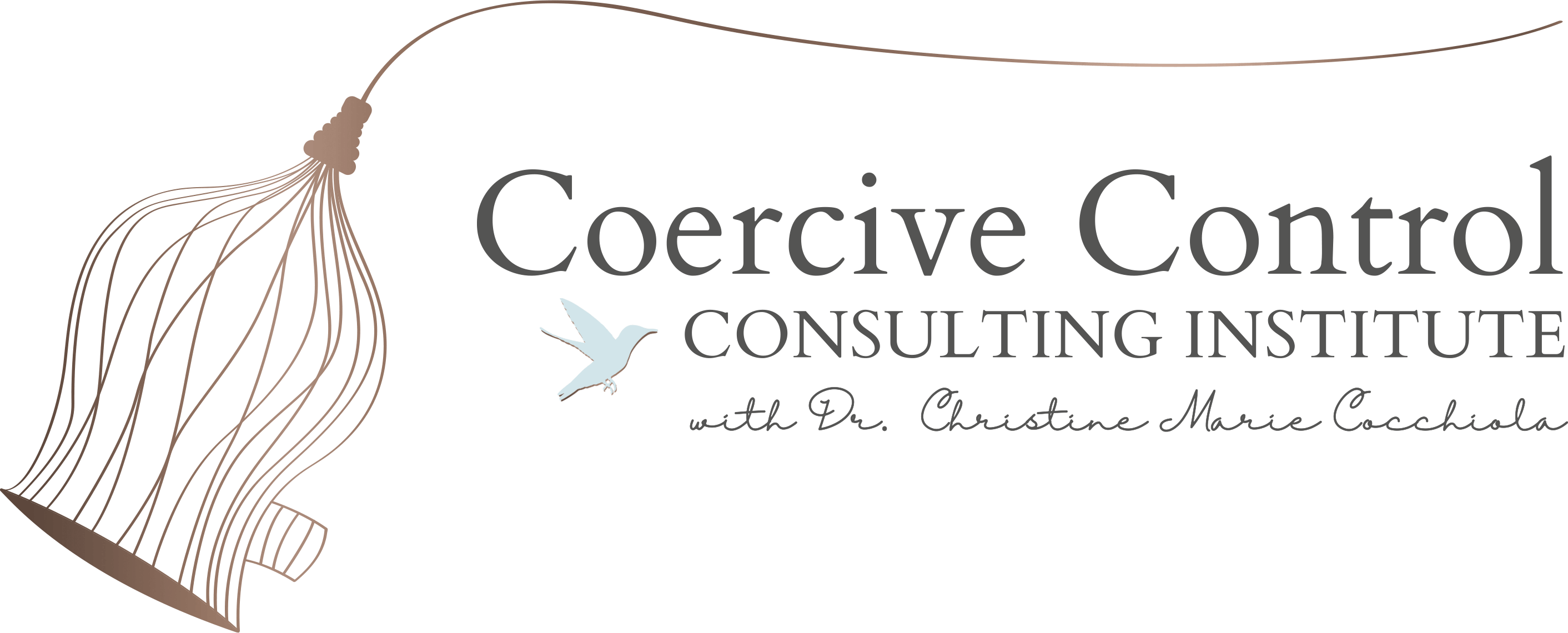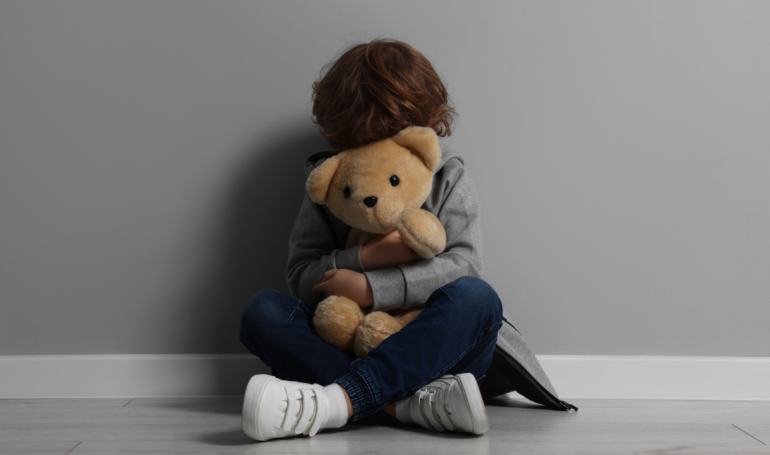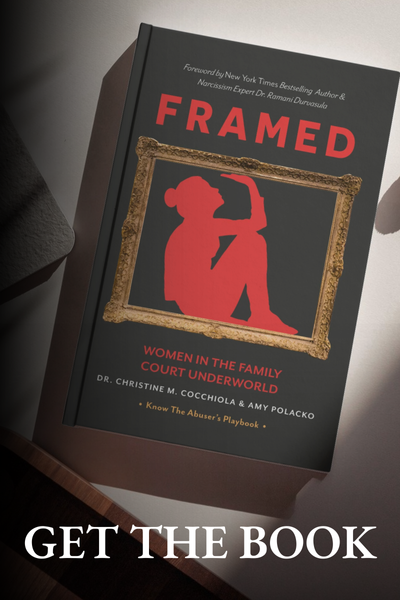In the voice of the child, and research affirms, growing up in a home with a coercive controller has significantly impacted my developing brain. I learned early on that I must regulate my behaviors like the protective parent has, in order to support creating equilibrium in my home. Walking on eggshells is a part of my life.
No one really notices there is abuse by the coercive controller because the abuse is all too often insidious. Physical violence does not have to be the defining characteristic of abuse. As a matter of fact, it often is not until it is. This consistent regulation of my behavior has caused a hypervigilance in me.
It may cause me to be easily stressed. To have toxic stress, to be dysregulated, to have attention difficulties, obsessive behaviors, anxiety, and of course, depression. Some may diagnose me with a disability – all because they do not see the trauma I’ve experienced. Like the adult victim didn’t see her abuse – I don’t recognize mine.
Society fails to acknowledge abuse unless it is violent in some way. Yet research affirms that abuse that is not physically violent causes just as much suffering.
Sadly, this coping that I learned early on in life may lead me to relationships with controlling people and/or to be controlling in order to feel safe.
When I cannot feel safe in my own home, then self-worth is diminished. My ability to adapt to challenging situations is compromised. I’m sure you can understand. The developing brain is just that. Developing.
This is what the coercive controller wants. For me to be compromised. If I am compromised, I will more readily align with the coercive controller and may even participate in some of the behaviors being modeled for me. Aligning often feels safer. My protective parent, stripped of her autonomy, may be unable to advocate for herself.
Of course, when systems do not support her, she remains trapped. I quickly learned there is one parent with more power in the home. I quickly learned that it may be safer to align with the more powerful parent. The grooming process, similar to that of a sexual predator for both me and my protective parent.
Sometimes, the coercive controller is a child sexual predator. No matter – the betrayal is significant. The foundation of trust was annihilated. I have one parent trying to protect me, but unable to do so. And another parent communicated to me – overtly or covertly – that if I do not cooperate, then I may receive the same treatment my protective parent has. It is so frightening, yet oftentimes I do not even know fear is what I am feeling.
Fear is what I’m feeling. Make no mistake. This has been the plan all along. The coercive controller from day one, wanting to ensure they have this power over our family system. In the rare event, the protective parent feels supported enough to escape, I will most certainly be weaponized against her and continue to live in this state of fear. I may never have suffered physical or sexual violence or verbal assaults – research affirms that the trauma of abuse that is difficult to name – may oftentimes be that much more traumatic.
If you cannot see it, the abuse supposedly didn’t happen. How do I, a child, explain to anyone that my brain lives in reptilian mode? Survival? All too frequently, the only mode I know.
When gaslighting, manipulation, and diminishing of autonomy are consistent and repetitive in the family system, then it makes sense that the child’s experiences are traumatic. They are the same as the adult victim. Children who are living in these family systems truly understand, even if only subconsciously, that they are an object, fulfilling the needs of the coercive controller. Their love is entirely conditional. Being authentic is something every child needs to have for healthy development. In this home, I cannot be authentic.
It’s unfortunate since unconditional love and the ability to be authentic are a primal need for healthy attachment to occur, a primal need for all children. But of course, the coercive controller is trying to maliciously fracture that ability for me to feel this secure attachment to my protective parent.
I know I am not loved unconditionally by the abusive parent – that I cannot simply be myself – that I must appease the coercive controller in order to retain as much equilibrium in the home as possible.
I also have been told that my protective parent doesn’t love me implicitly. Like the protective parent, I am trapped.
This use of power and control over me, coercive control, harms me and compromises my ability to feel safe. I am a trauma victim, much like my protective parent is.
This intergenerational trauma can be prevented, but only if the systems recognize the abuse of my protective parent and only if the systems recognize that if my protective parent has been abused, then I have been abused.


